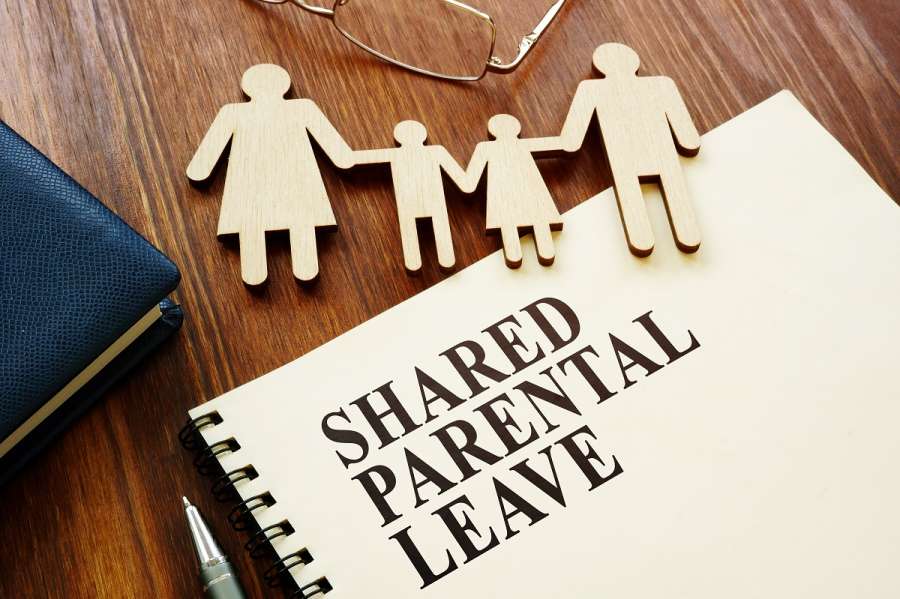2023 has the potential to be a busy year for employment law changes, with a legislative agenda that includes possible post-Brexit reforms for EU-derived laws, increased employers' protection from strikes, and a raft of private members' bills offering additional employment rights.
This article touches on some of the most noteworthy employment law developments to watch out for in the coming year. Whilst these laws have yet to be passed, they all have government backing and are progressing through the House of Commons.











